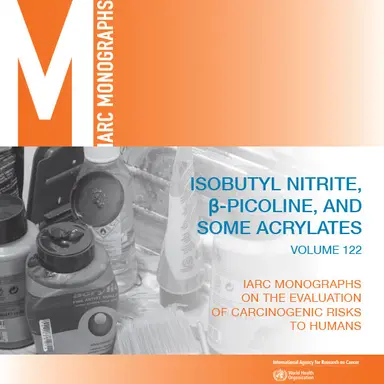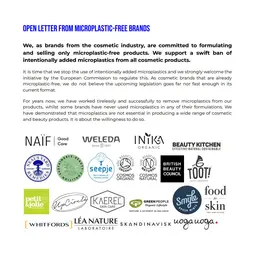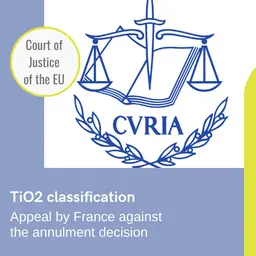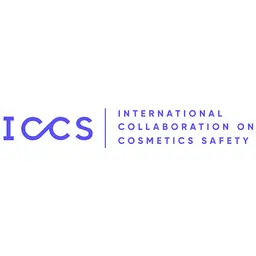
Volume 122 of the recently published IARC Monographs contains the results of the carcinogenicity assessment of six substances, including two acrylates that may be used in cosmetic products, Ethylhexyl Acrylate and Trimethylolpropane Triacrylate. Both have been classified in category 2B as possibly carcinogenic to humans.
They are both listed in the European Commission’s Glossary of Cosmetic Ingredients and in the CosIng.
Ethylhexyl Acrylate (CAS: 103-11-7 / EC: 203-080-7) is listed as a binding agent and Trimethylolpropane Triacrylate (CAS: 15625-89-5 / EC: 239-701-3) as a film forming, hair conditioning and hair fixing.
Ethylhexyl Acrylate
2-ethylhexyl acrylate is used as a plasticising comonomer in the production of resins for pressure-sensitive adhesives, latex paints, reactive diluent or cross-linking agents, textile and leather finishes, and coatings for paper. Occupational exposure occurs during the manufacturing process. The development of allergic contact dermatitis after exposure to 2-ethylhexyl acrylate in artificial sculptured nails has been described. In rats, 2-ethylhexyl acrylate is readily absorbed, widely distributed, and mainly excreted as CO2 in expired air and as mercapturic acid conjugates in the urine. 2-ethylhexyl acrylate undergoes carboxylesterase-catalysed metabolism and conjugation with glutathione. In dermal studies with male mice, 2-ethylhexyl acrylate increased the incidence of squamous cell papilloma, squamous cell papilloma or carcinoma (combined), cornified squamous cell carcinoma, and malignant melanoma and fibrosarcoma. Overall, mechanistic data were scarce, with negative results for genotoxicity in the available studies.
Assessment conclusion
There is inadequate evidence in humans for the carcinogenicity of Ethylhexyl Acrylate.
There is sufficient evidence …













